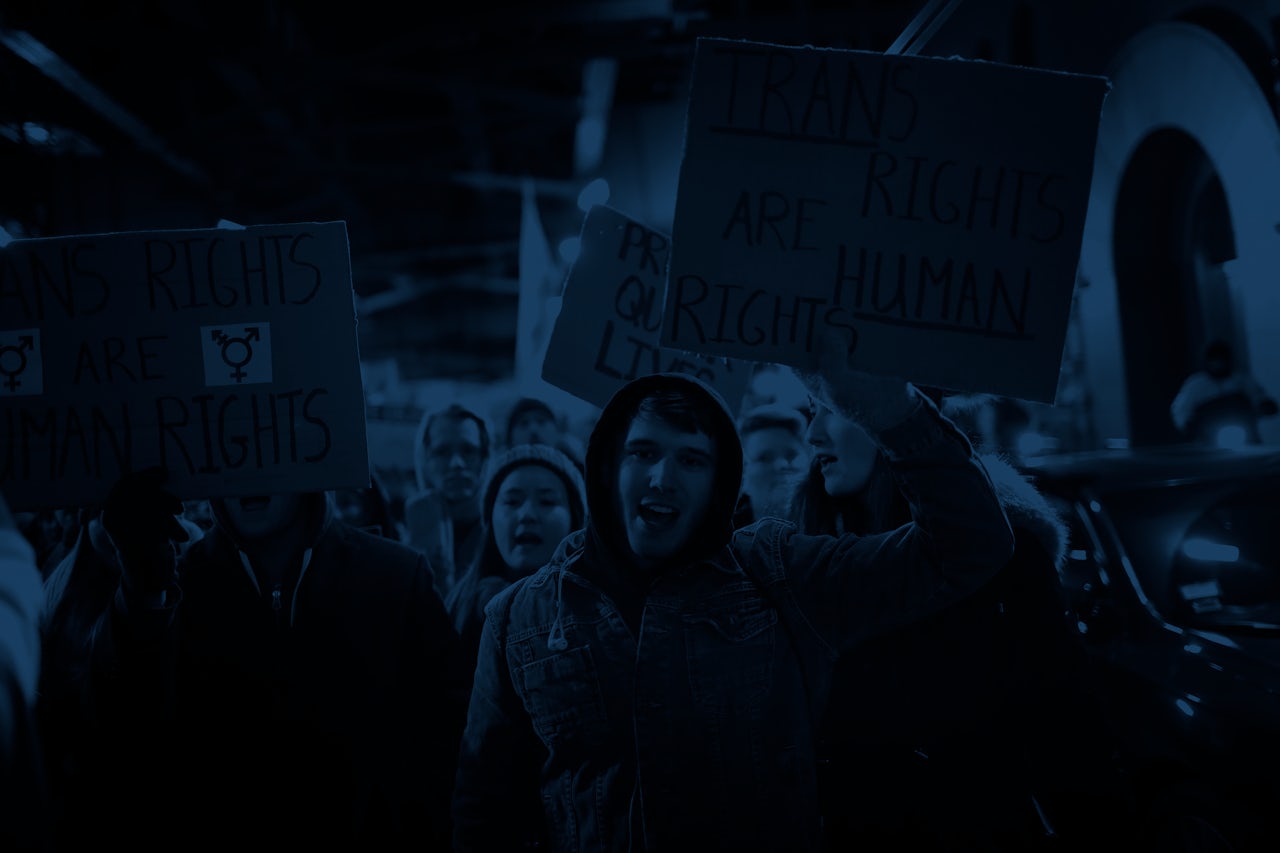The latest Trump-era setback for a marginalized community came on Tuesday, when the U.S. Census Bureau announced it did not plan to add categories for sexual orientation and gender identity in the 2020 Census or the annual American Communities Survey.
The news came as a disappointment to LGBTQ rights activists, especially since a draft proposal that included the change was mistakenly leaked.
The effort has been a focus of trans rights activists including the actress Laverne Cox. “Misinformation is allowed to be spread about transgender people because we don’t have actual data about who trans people are and our lived experiences,” she said at a rally on Capitol Hill last June. “It’s a matter of life and death — on a systemic level, we’re often told we don’t exist.”
The lack of official numbers is not only dehumanizing, advocates say, but can result in fewer resources and government services for affected communities. It also increases difficulties in understanding the scope of violence and hate crimes.
“When you’re not counting someone, you’re not acknowledging that they exist,” Shelby Chestnut, director of community organizing and public advocacy at the Anti-Violence Project, told The Outline. “You don’t get resources unless you know how many people there are.”
The Anti-Violence Project, a New York-based advocacy group, is at the forefront of efforts to quantify violence against LGBTQ people. The group relies on news reports, social media, and contact with communities to count those impacted by violence. That method is admittedly incomplete, but is the best anyone can do without official numbers; this underscores the importance of a centralized count. While adding LGBTQ people to the Census would not quantify violence, it would give a sense of what percentage of the community is impacted and perhaps lead to other programs or services, Chestnut said.
For example, the AVP knows of eight murders of transgender women of color to date in 2017, but suspects that there are more that have not been reported, or were reported without accurate gender identification.
“We don’t know how many LGBTQ survivors of violence there are because we don’t know how many LGBTQ people there are,” she said.
“You don’t get resources unless you know how many people there are.”
The decennial Census is distributed to all households in the U.S. The 2010 Census featured ten questions about topics including the type of household, how many people live in the household, home ownership, their race, marital status, and sex. The question on “sex” offers only male and female as options.
The Census Bureau, after considering topics with input from other government agencies such as Health and Human Services, Housing and Urban Development, and Justice,must submit a proposal to Congress three years before every Census. The report must also include questions for the American Community Survey, an ongoing questionnaire that is more detailed than the Census. The ACS surveys about three million Americans every year, and releases data annually.
Social changes in America have pushed the Census to revise its language many times, adding and dropping terms as they are deemed offensive and accepted. For example, the first Census in 1790 asked for free white males and females, and “slaves.” The word “colored” was used in 1820, “mulatto” in 1890, and “Negro or Black” in 1970. The 2010 census used “African-American,” “Black,” and — incredibly — “Negro,” which provoked some backlash from citizens and advocacy groups. The 2020 Census will drop “Negro.”
Chestnut acknowledged that being counted would come with some concerns about privacy. She offered the hypothetical example of a person in a small, rural community — if you’re the only trans person in an intolerant area, it’s possible you could be outed after answering the Census and be exposed to violence. However, she said that adding the option to the form is still essential to establishing trans rights.
“I think it’s important that this information be collected, and we need to be careful about how it impacts people’s lives,” she said. “But the concerns that exist about [collecting the information] do not outweigh the great importance that it has.”
